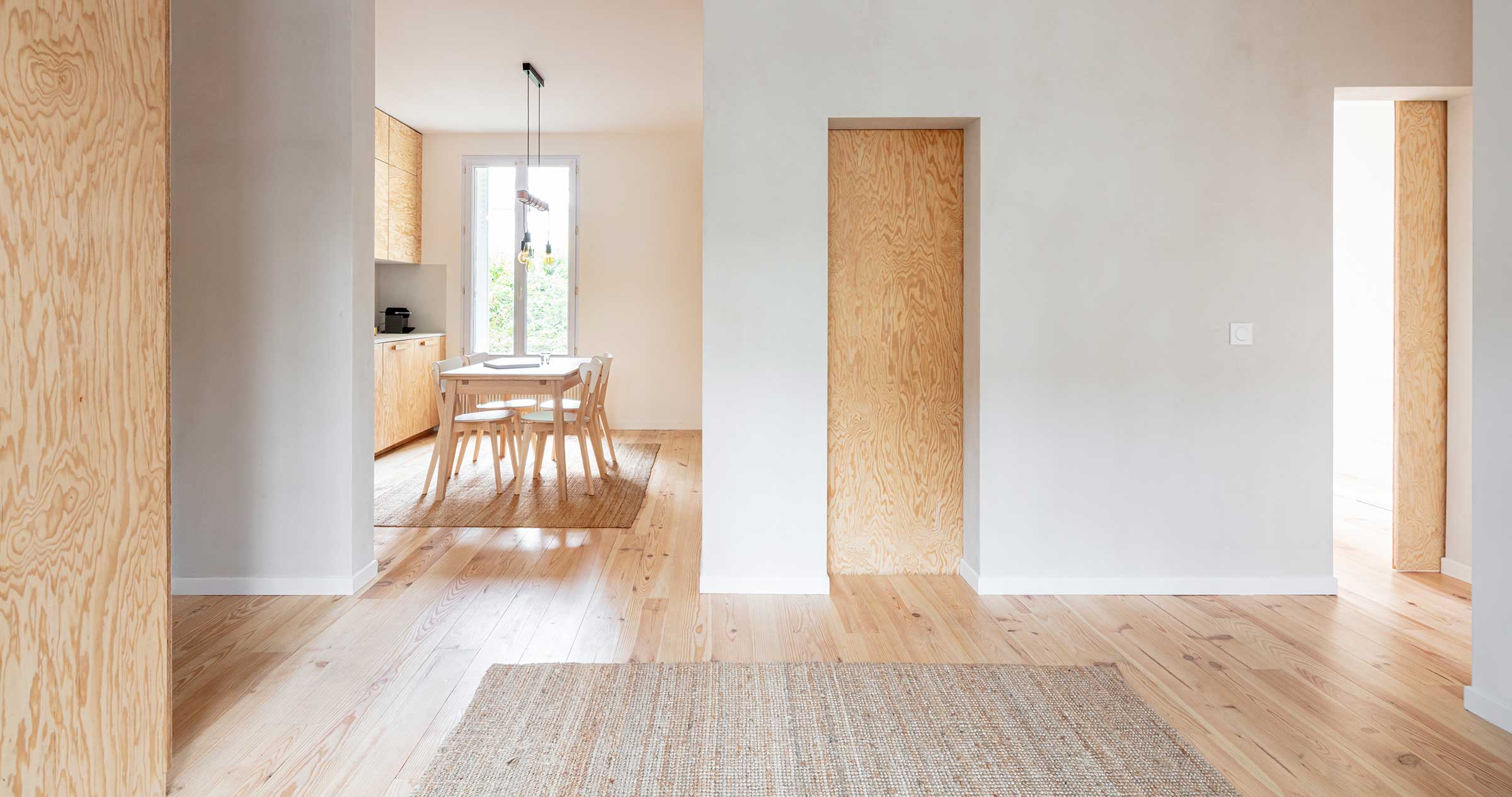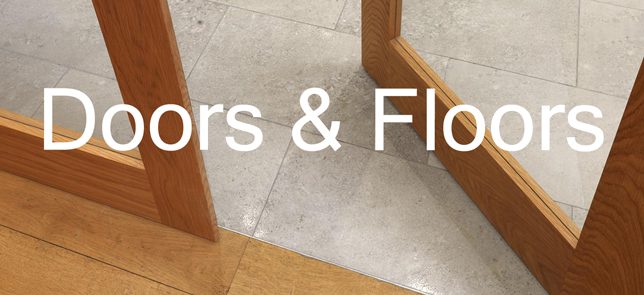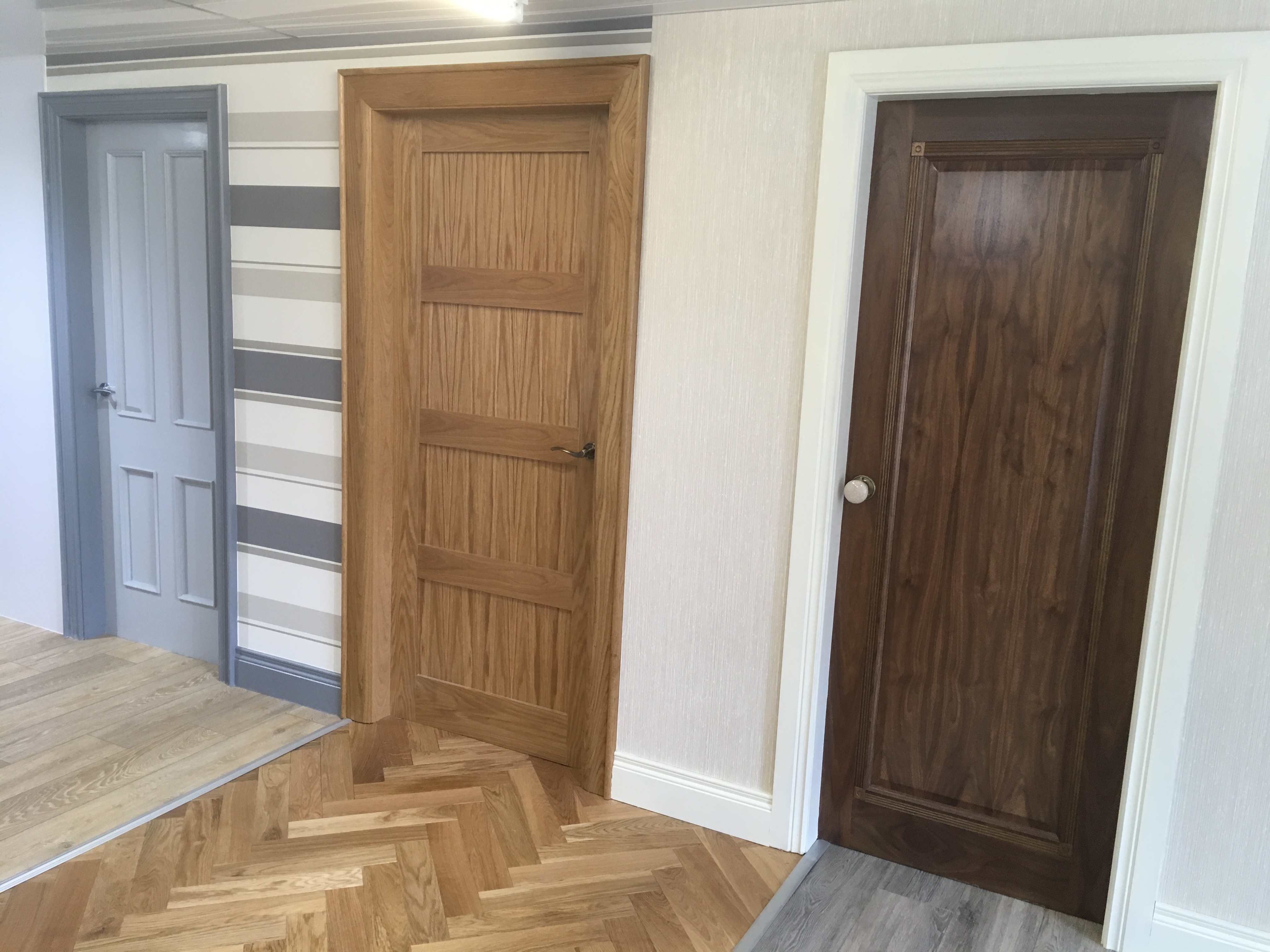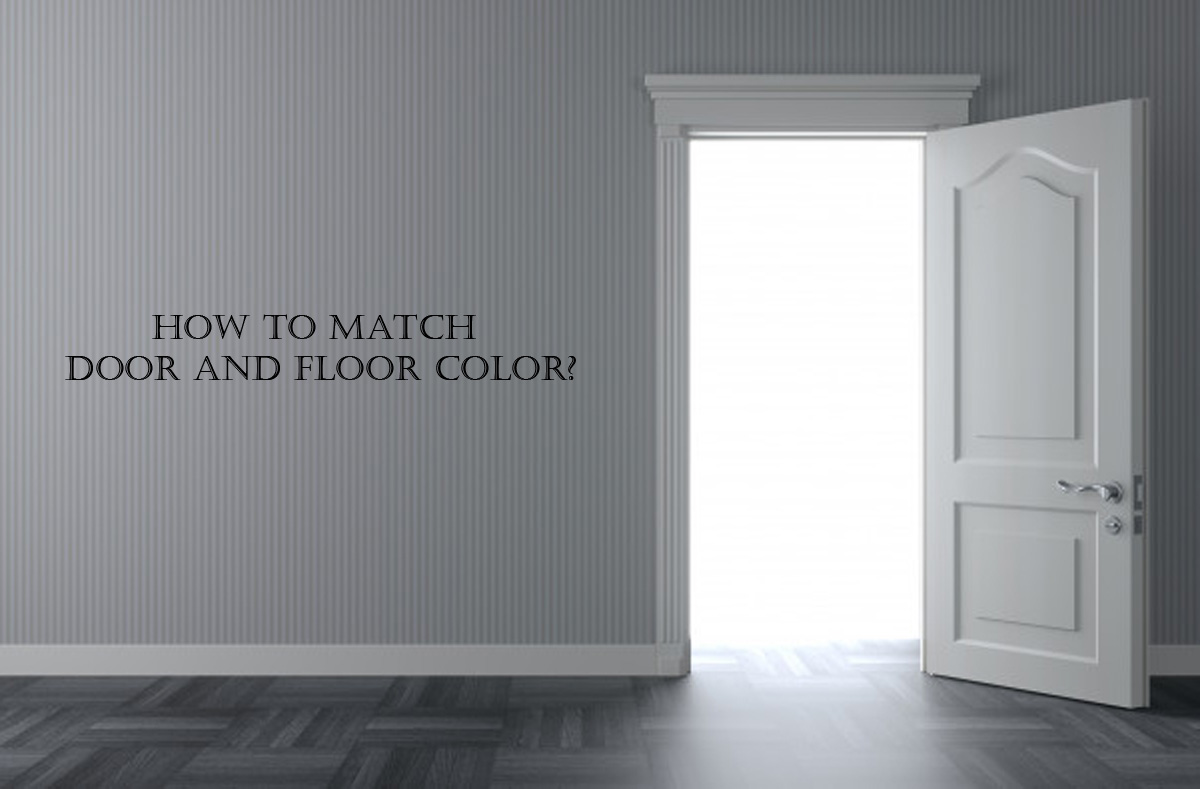When designing or renovating a home, two elements play a crucial role in the overall aesthetic and functionality: doors and floors. In this article, we will explore various types of doors and floors, their advantages and disadvantages, and tips for choosing the right options for your home. Drawing from personal experience, I will share insights that can help guide your decisions.
Table of Contents
- 1. The Importance of Doors and Floors
- 2. Types of Doors
- 3. Types of Floors
- 4. Materials: Doors vs. Floors
- 5. Installation and Maintenance Tips
- 6. Choosing the Right Options
- 7. FAQ
1. The Importance of Doors and Floors
Doors and floors are not just functional elements; they significantly influence the atmosphere of your home. A well-chosen door can enhance curb appeal and security, while the right flooring can create a warm and inviting environment. Both elements also contribute to the functionality of your space, dictating the flow of movement.
Functionality and Aesthetics
From personal experience, I can say that combining functionality with aesthetics is key. For example, I opted for a beautiful hardwood floor in my living room that not only looks stunning but also withstands heavy foot traffic.
First Impressions Matter
The front door is the entry point of your home and often sets the tone for the rest of the space. A stylish, well-maintained door makes for a great first impression and adds value to your property.
2. Types of Doors
Understanding the various types of doors can help you make informed choices. Here’s a breakdown of the popular types:
Hinged Doors
These are the most common types of doors, swinging in and out on hinges. They come in a variety of materials and designs.
Sliding Doors
Sliding doors are great space-savers, often used for patios or closets. They allow for an unobstructed view and often maximize natural light.
Folding Doors
Folding doors, or bi-fold doors, can open up a room and create a seamless transition between indoor and outdoor spaces.

French Doors
These doors add elegance and charm, featuring glass panels that allow for light while providing a stylish appearance.
Security Doors
For enhanced safety, security doors are designed with reinforced materials and bolts to protect against intrusions.

Comparison Table: Types of Doors
| Type | Advantages | Disadvantages |
|---|---|---|
| Hinged Doors | Variety of styles, easy to install | Requires space to swing |
| Sliding Doors | Space-efficient, great views | Can be harder to clean |
| Folding Doors | Flexibility and space-saving | May be more expensive |
| French Doors | Add elegance, maximize light | Less secure, can be expensive |
| Security Doors | Enhanced protection | Less aesthetic appeal |
3. Types of Floors
Just like doors, the type of flooring you choose can dramatically alter your home’s aesthetic and functionality. Here are the main types:
Hardwood Floors
Timeless and durable, hardwood floors add warmth and elegance to any room.

Laminate Flooring
A cost-effective alternative to hardwood, laminate offers a variety of styles and is relatively easy to install.
Tile Flooring
Tile is perfect for wet areas like kitchens and bathrooms due to its water resistance and durability.

Carpet Flooring
Carpet provides warmth and comfort, making it an excellent choice for bedrooms and living areas.
Vinyl Flooring
Vinyl is highly versatile, available in sheets or tiles, and can mimic other materials at a fraction of the cost.

Comparison Table: Types of Floors
| Type | Advantages | Disadvantages |
|---|---|---|
| Hardwood | Durable, classic appeal | Expensive, susceptible to scratches |
| Laminate | Cost-effective, various styles | Not as durable as hardwood |
| Tile | Water-resistant, great for kitchens | Cold underfoot, can be hard to install |
| Carpet | Warm and soft | Can trap allergens, requires maintenance |
| Vinyl | Affordable, easy to clean | Can be damaged by heavy furniture |
4. Materials: Doors vs. Floors
Both doors and floors come in various materials, each offering unique characteristics:

Wood
Wood offers a natural beauty and is versatile for both doors and floors. It can be stained or painted, allowing for customization.
Steel
Commonly used for security doors, steel is incredibly durable but may lack aesthetic warmth.
Fiberglass
Fiberglass doors are energy-efficient and resistant to wear and tear, while vinyl flooring offers affordability and easy maintenance.
Material Comparison Table
| Material | Usage | Pros | Cons |
|---|---|---|---|
| Wood | Doors & Floors | Beautiful, customizable | Expensive, can warp |
| Steel | Doors | Highly durable, secure | Less aesthetic appeal |
| Fiberglass | Doors | Energy-efficient, withstands weather | Can be expensive |
| Vinyl | Floors | Affordable, easy to maintain | Less durable than other options |
5. Installation and Maintenance Tips
Proper installation and maintenance can prolong the life of your doors and floors:
Installation Tips
- Always measure your space accurately before purchasing doors and floors.
- Consider hiring professionals for installation to ensure it’s done right.
- For DIY installations, follow manufacturer guidelines closely.
Maintenance Tips
- Regularly clean both doors and floors to prevent dirt accumulation.
- Use protective mats at entryways to minimize wear and tear.
- Schedule periodic inspections for any signs of damage.
6. Choosing the Right Options
Selecting the right doors and floors for your home involves several factors:
Consider Your Lifestyle
If you have pets or children, durability should be a primary concern. For instance, I chose laminate flooring over hardwood in my dining area due to its resistance to scratches and spills.
Consult Professionals
It often helps to consult with an interior designer or contractor who can offer insights based on your specific needs and preferences.
Set a Budget
Determine a budget before exploring options to avoid overspending. Remember to factor in installation costs as well.
7. FAQ
Q: What is the most durable flooring option?
A: Tile and luxury vinyl plank are often considered the most durable flooring options due to their resistance to moisture and wear.
Q: How often should I maintain my doors and floors?
A: Regular maintenance, such as cleaning and inspections, should be done at least once a month. Deep cleaning and repairs should be assessed annually.
Q: Can I install flooring over existing flooring?
A: Yes, in many cases, you can install new flooring over existing materials, but it’s essential to ensure that the old floor is level and in good condition.
Q: What are the best doors for energy efficiency?
A: Fiberglass and insulated steel doors provide excellent energy efficiency, helping to maintain your home’s temperature.
Q: How do I choose the right door style for my home?
A: Consider the architectural style of your home and select a door that complements it. Additionally, think about your interior design preferences.
In conclusion, investing time in understanding your options for doors and floors can greatly enhance your home’s appeal and functionality. Whether you’re renovating or building from scratch, the right choices will serve you well for years to come.